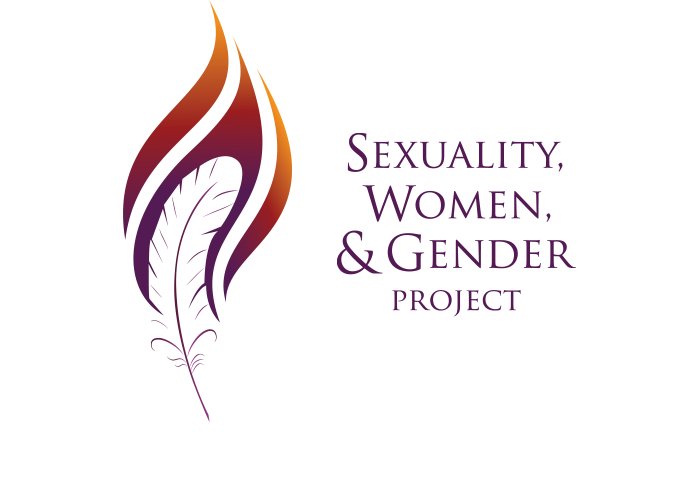To find out about the history of #Matrescence starting at Columbia University and now the halls of Teachers College, Columbia University with Dr. Aurelie Athan's work visit: matrescence.com
- Coursework
- Certification
- Teacher Training
- Publications
"Perhaps reviving the conceptual term matrescence, coined by and borrowed from anthropology, would be most apt within the landscape of maternity. Much like adolescence, it is an experience of disorientation and reorientation marked by an acceleration of changes in multiple domains: physical, psychological, social, and spiritual. We are indeed indebted to the early 'maternal developmentalists' who aptly characterized motherhood in its multi-dimension and dynamism, both the oppressive and the liberating-- the dichotomous phenomena that are often the hallmark of any major life transition. Their perspectives equalized and served to normalize the 'mixed feelings' of women."
- AURÉLIE ATHAN, FEMINISM & PSYCHOLOGY (FEB, 2015)
CCPX 4126 Mother-Child Matrix: Clinical & Developmental Implications
Take this course - a decade in the making - with Aurélie Athan, Ph.D. offered every semester, and this summer online. There is no one expert on the subject of Matrescence. This course will highlight the writers and scholars in fields ranging from Feminism, Psychoanalysis, to Anthropology who have developed models of maternal development. To learn more and strengthen your knowledge base, see the course description here:
Few areas in psychology have developed as slowly as research and theory about mothers and the transition to motherhood. The purpose of this course is to explore the biological, psychological, social, cultural, and spiritual dimensions that influence a mother's well-being. Theories of maternal development from conception through pregnancy and beyond will be critically examined alongside prevailing conceptualizations of perinatal distress and psychopathology. Matrescence will be proposed as a term like adolescence to describe this significant rite of passage from physiological to identity and role changes. Readings will be interdisciplinary from psychology to anthropology and include empirical, descriptive, theoretical, literary and popular publications.
You may be taking this course for a number of reasons. Perhaps you have interest in working with mothers and their children. Perhaps you have a personal connection to the issues women commonly face as mothers. This course has been structured to fit a variety of goals. However, if you expected this course to emphasize the infant, then it will be a surprise inversion of focus. We will shift attention to the mother and her experiences, in service of understanding both her and her ultimate relationship with her child--for they both live and thrive within a mother-child matrix.

